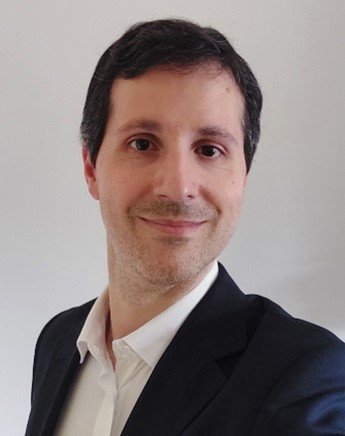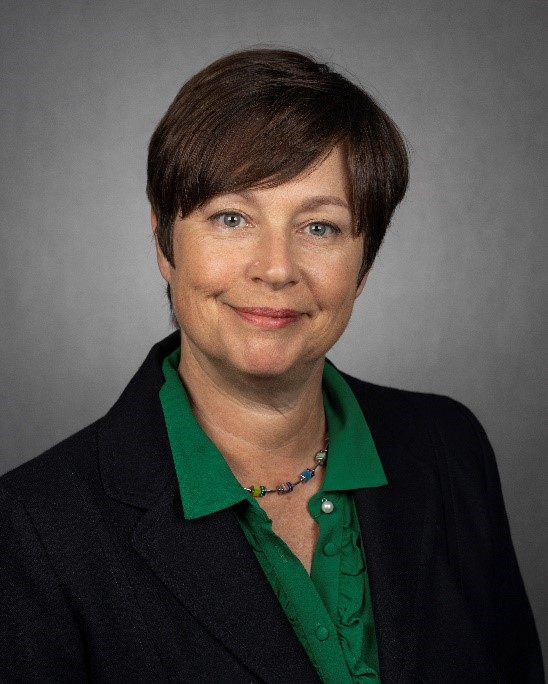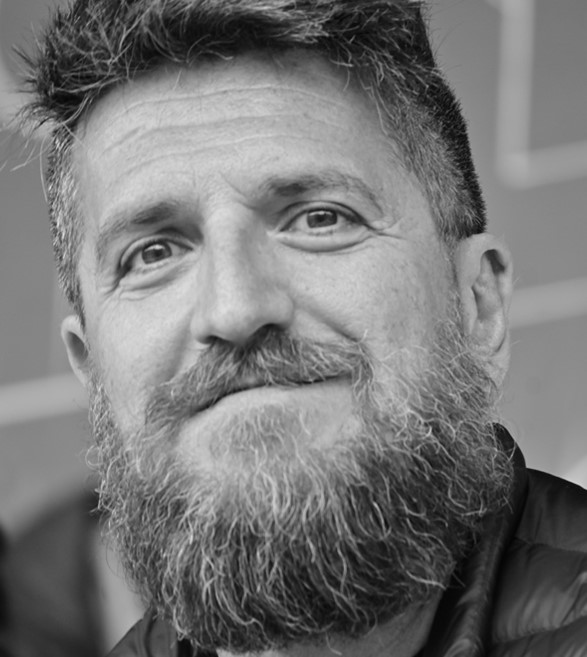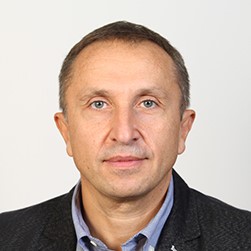Plenary Session
|
Deodato Tapete |
Dr. Deodato Tapete is a Senior Researcher in Earth Observation and data analytics at the Italian Space Agency (ASI). He is in charge of research and development projects based on satellite remote sensing, using Synthetic Aperture Radar (SAR) and optical multi-/hyperspectral sensors to address environmental applications, natural and anthropogenic hazards, cultural heritage, the sustainable use of natural resources and agriculture. With regard to the latter scientific discipline, he has served as project manager and scientist for several nationally funded projects focused on the use of Earth observation for agricultural applications, including soil moisture estimation, irrigation needs forecasting, crop classification, early-season crop mapping and drought monitoring. He is currently ASI’s project manager for the Horizon Europe Twinning project “Reaching Excellence in Hyperspectral Remote Sensing” (EXPERT; https://expert-project.rosa.ro/), funded under the European Union’s Horizon Europe programme “Widening participation and spreading excellence” (Grant Agreement No. 101160059). Within this project, a research use case related to agriculture is being developed using hyperspectral optical satellite remote sensing data, in collaboration with the Romanian Space Agency (ROSA).
Presentation title: From research to applications: advances in satellite radar and hyperspectral optical remote sensing for agriculture |
|
Samantha Wisely |
Dr. Samantha Wisely is a Professor of Wildlife Ecology and the Director of the Cervidae Health Research Initiative at the University of Florida, Institute for Food and Agricultural Sciences. Her research investigates how global change alters wildlife disease dynamics and designs innovative wildlife pathogen surveillance systems. Using a combination of field and laboratory techniques, she uses a One Health approach to study disease systems and their impacts on threatened and endangered species, at the livestock/wildlife interface, and for wildlife diseases that are threats to human health. Dr. Wisely manages an annual research portfolio of more than $2 million, and she has won multiple honors including a UF Provost Research Fellowship, a national LEAD21 Land Grant University Leadership Fellowship, and most recently a Fulbright Scholarship to the Republic of Serbia. Dr. Wisely received her Ph.D. in Zoology and Physiology from the University of Wyoming, a M.Sc. in Wildlife Biology from Humboldt State University and a B.A. from University of California at San Diego.
Presentation title: Designing innovative wildlife surveillance systems for emerging pathogens of veterinary and medical importance in a changing world |
|
Cesare Gargioli |
Dr. Cesare Gargioli has been working as an Associate Professor of Applied Biology at the Department of Biology, University of Rome Tor Vergata, since 2022. He has published 89 articles in peer-reviewed journals (50 as first or last/corresponding author), including several in high-impact journals such as Nature Medicine, EMBO Molecular Medicine, and Biomaterials. His total H-index is 30 (according to SCOPUS). Dr. Gargioli directs the Laboratory of Stem Cells and Tissue Engineering, focusing on tissue regeneration and skeletal muscle reconstruction through the use of biomimetic matrices and novel 3D printing technologies. Additionally, since 2020, he has been working in the field of cultivated meat, driven by the global need for sustainable meat production. His research addresses challenges related to resource depletion, animal welfare, and ecological impact. He aims to usher in a new era of cultured meat by focusing on the development of structured cultured meat using 3D bioprinting and stem cell biotechnology.
Presentation title: 3D bioprinting for structured culture meat |
Section 2 - Horticulture
|
Miljan Cvetković |
Miljan is currently a full professor at the Faculty of Agriculture, University of Banja Luka. It deals with agronomic and physiological aspects of modern production of fruits. He served as the director of the Institute for Viticulture and Winemaking in Niš. During his work in Serbia, he was engaged as a national consultant for fruit production within the FAO project (2002 - 2004). At the Faculty of Agriculture, he held the position of vice dean for scientific research and international cooperation. He is currently the head of the Institute of Horticulture. He was the institutional coordinator of FP7, TEMPUS and ERASMUS+ projects at the University of Banja Luka. He was a coordinator and participant in several domestic projects. As a Fulbright scholarship, he spent eight months at Michigan State University and the University of Oregon. As part of FAO and World Bank projects, he stayed in Georgia and India as a consultant for fruit production. He maintains intensive collaboration with fruit producers to overcome the challenges they face in their regular production. He published many scientific and professional books and papers. Miljan is a member of ISHS.
Presentation title: Will be available soon. |





